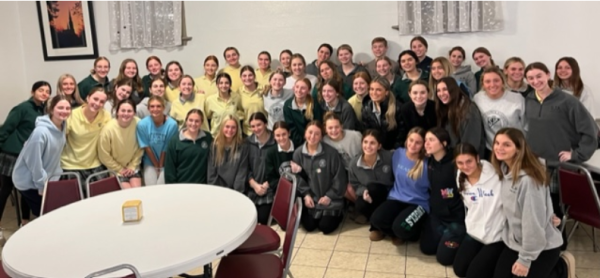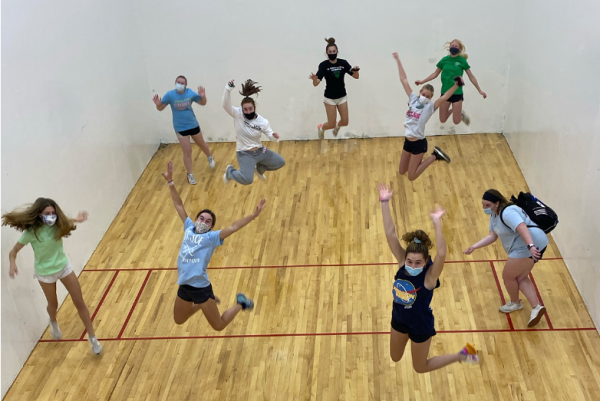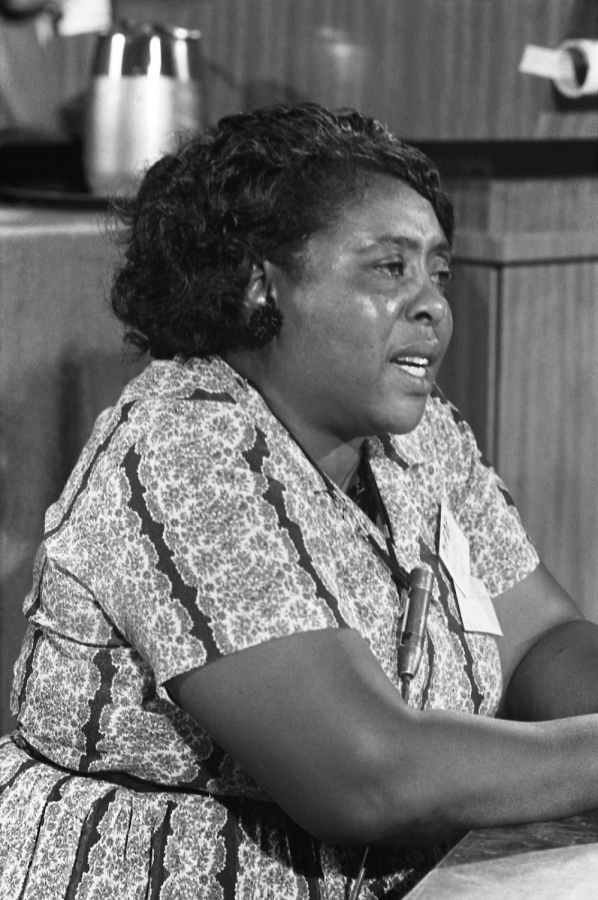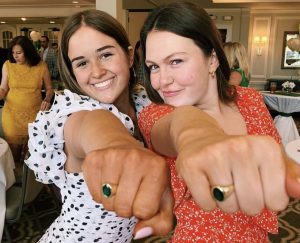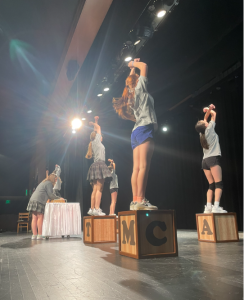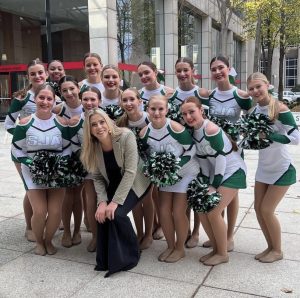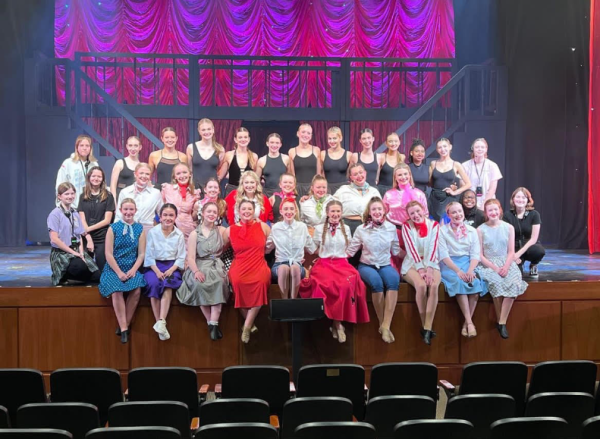Fannie Lou Hamer’s Words Ring True: “Sick and Tired of Being Sick and Tired”
Fannie Lou Hamer testifying before the Credentials Committee at the Democratic National Convention in Atlantic City in August 1964.
February 27, 2019
Fannie Lou Hamer played an integral role in the Civil Rights Movement when she helped Mississippians register to vote in 1962. However, these African American citizens did not pass the racist literary tests.
Determined, Hamer persisted her fight until she was able to vote, losing her job of almost two decades, experiencing gun violence, and risking her life. Hamer was also arrested multiple times and assaulted, causing permanent damage to several of her organs. In 1961, Hamer faced further abuse by having a hysterectomy performed by a doctor without her consent. Being unable to have her own biological children, Hamer then adopted two girls living in poverty.
Hamer helped found the Mississippi Freedom Democratic Party (MFDP) in 1964, which decreased white domination and included Blacks. To explain her experiences with in Mississippi and in the party, she gave a testimony at the Democratic National Convention. While Hamer was speaking, President Johnson purposely held a nationally-televised press conference to prevent others from hearing her testimony because of fear his administration had of what she would say. Even though people did not see her testimony live, media outlets showed it many times later, bringing necessary justice to the situation.
Additionally, Hamer ran for office against a white male incumbent.
When campaigning, she expressed her exhaustion, “all my life, I’ve been sick and tired. Now I’m sick and tired of being sick and tired.”
Unfortunately, she lost this election but later became a member of Mississippi’s first integrated delegation as well as the first African American and first woman from Mississippi to serve as the official delegate at a national party convention.
Both Blacks and whites saw the power of Hamer and her ability to engage in civil discourse and solve problems in communities. Through her religious and hopeful spirit, she advanced voting rights and tried to suppress segregation while powerfully calling out injustice.






